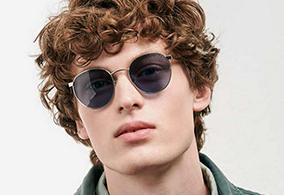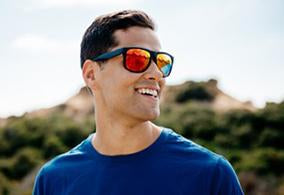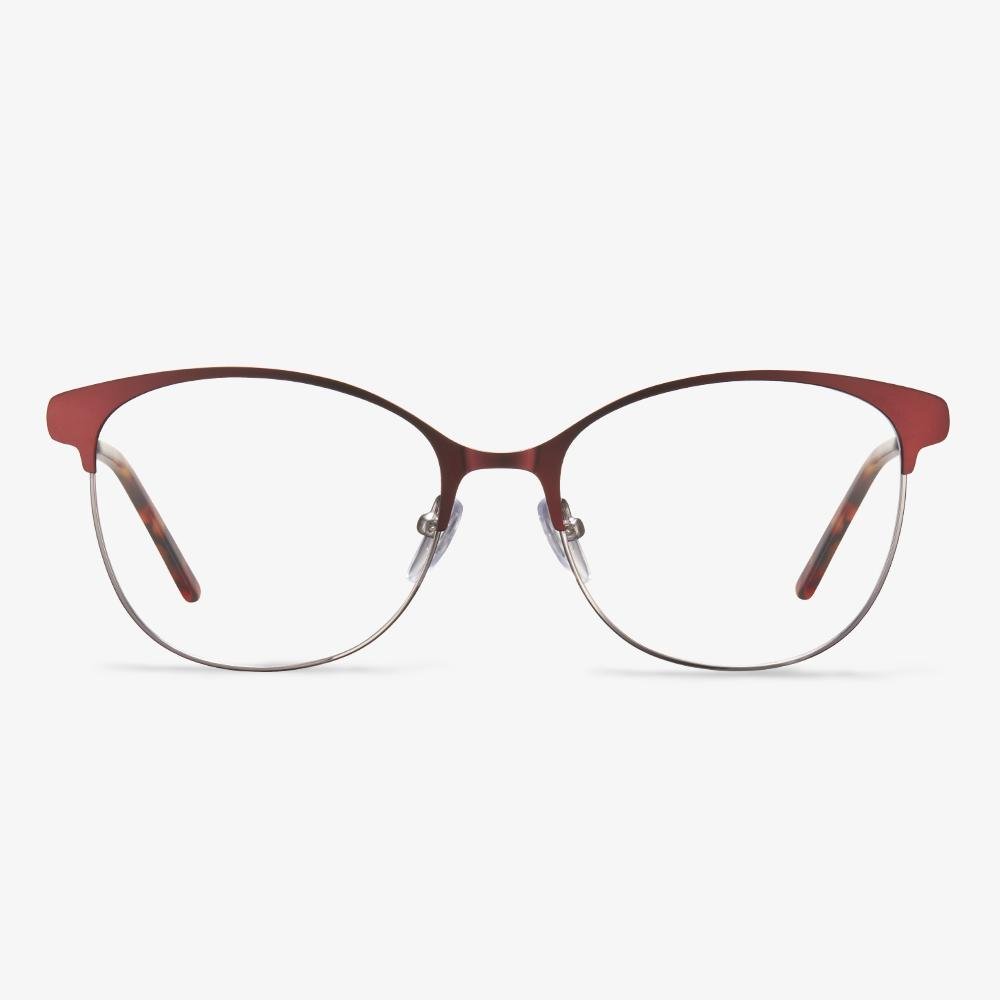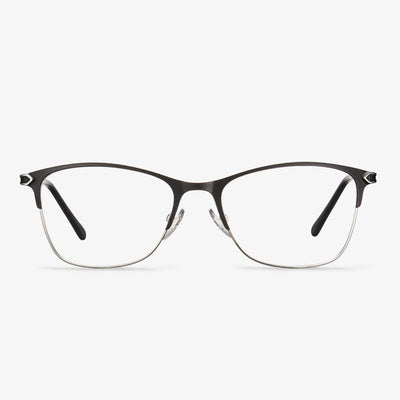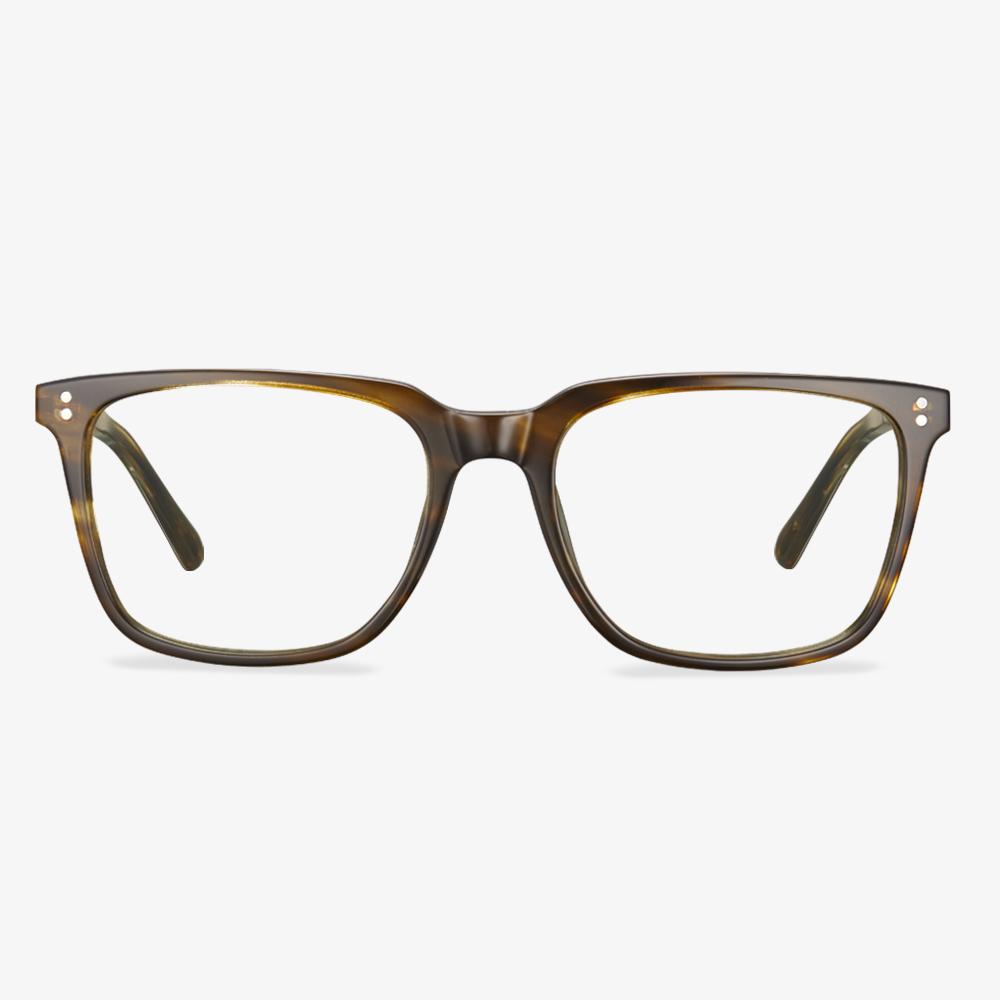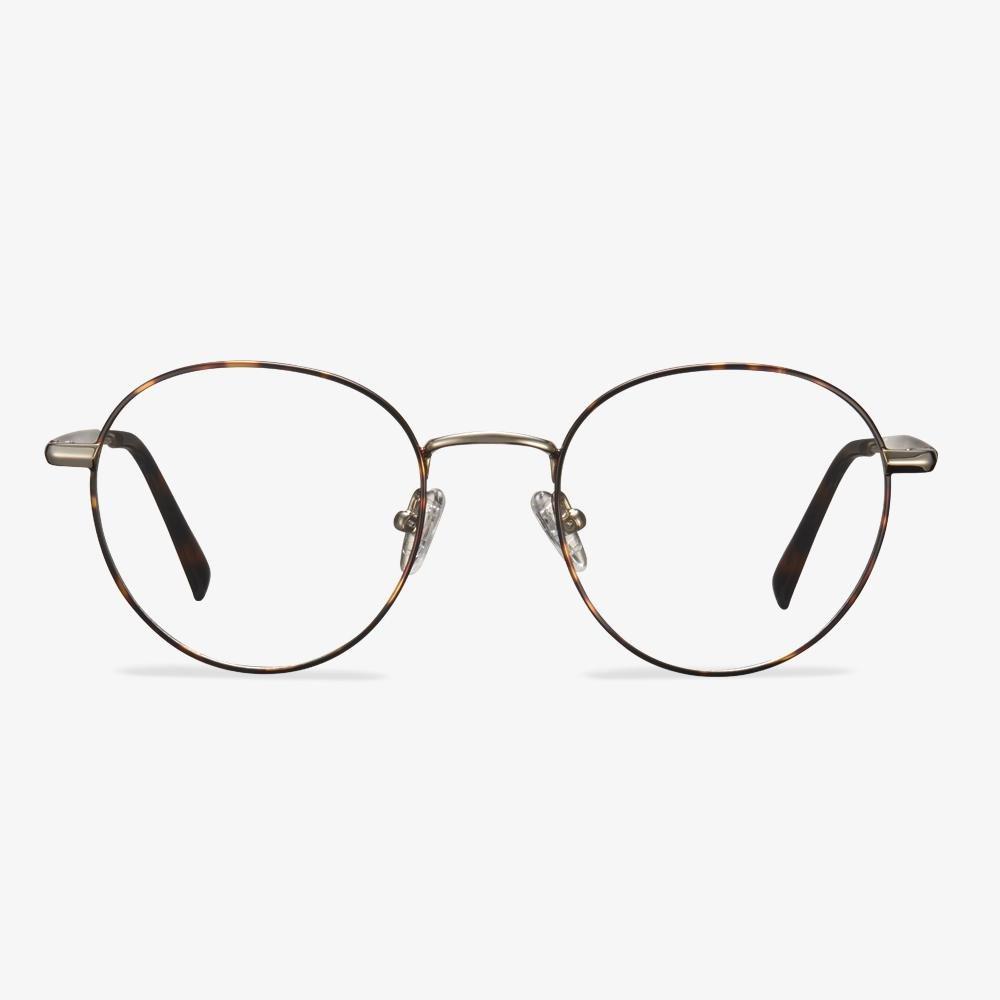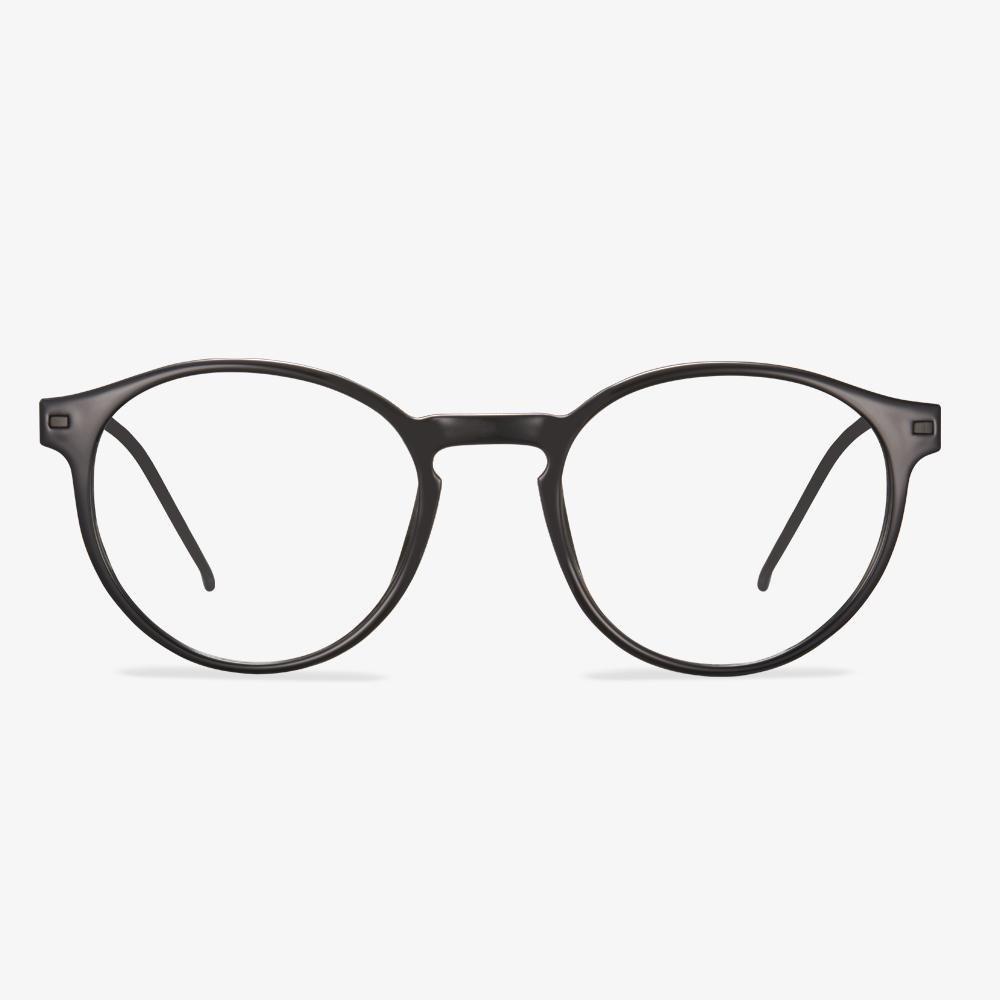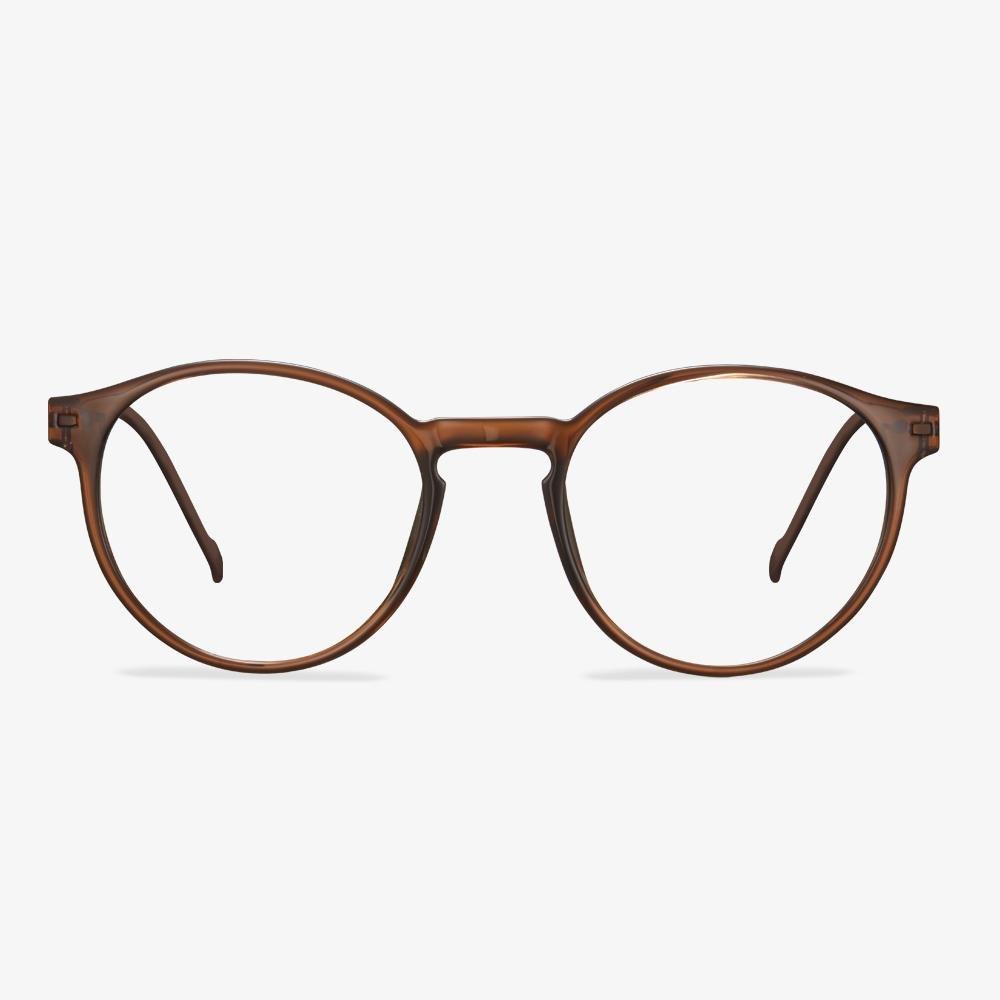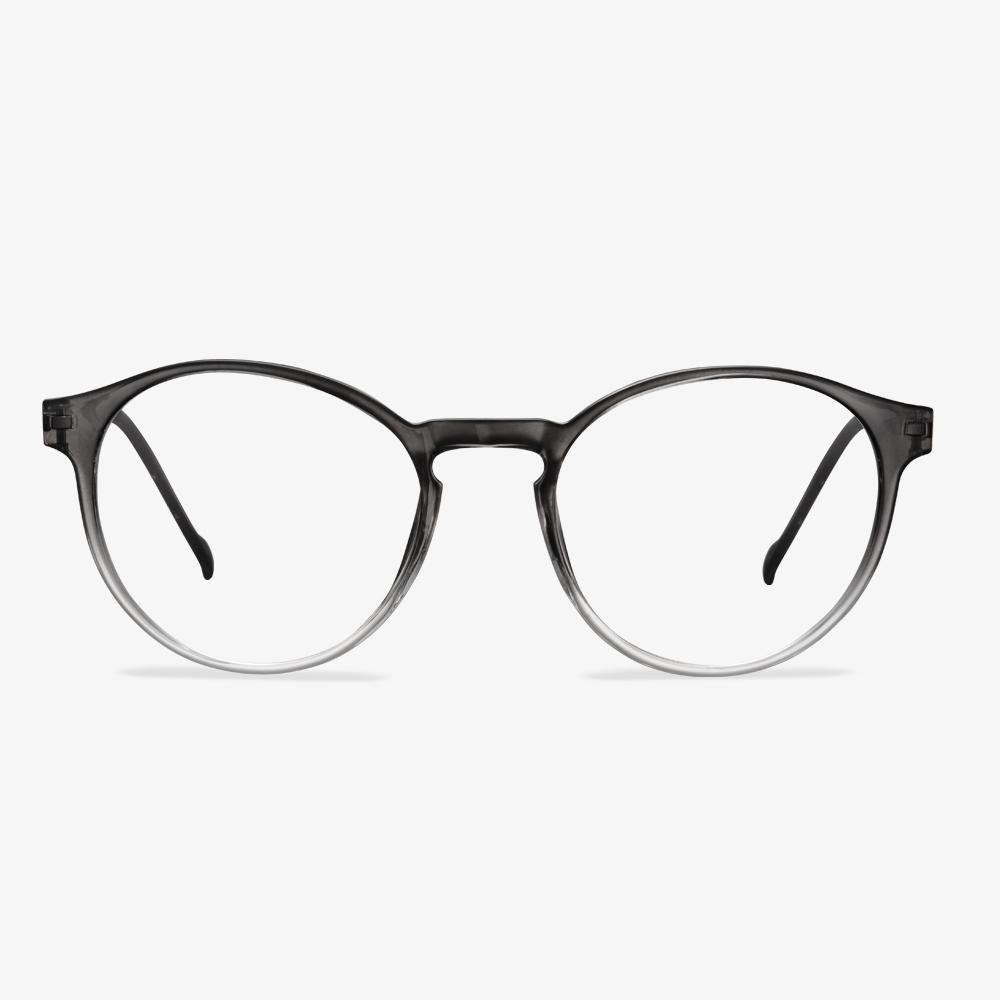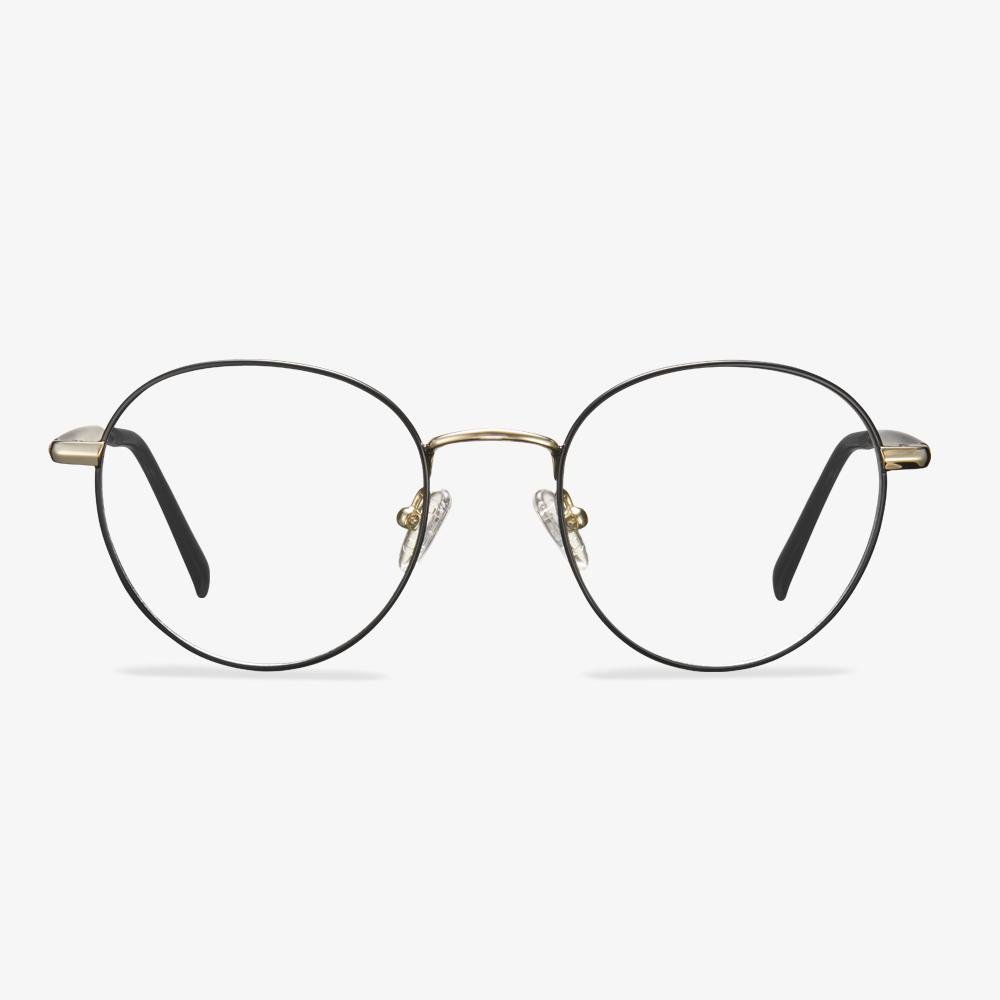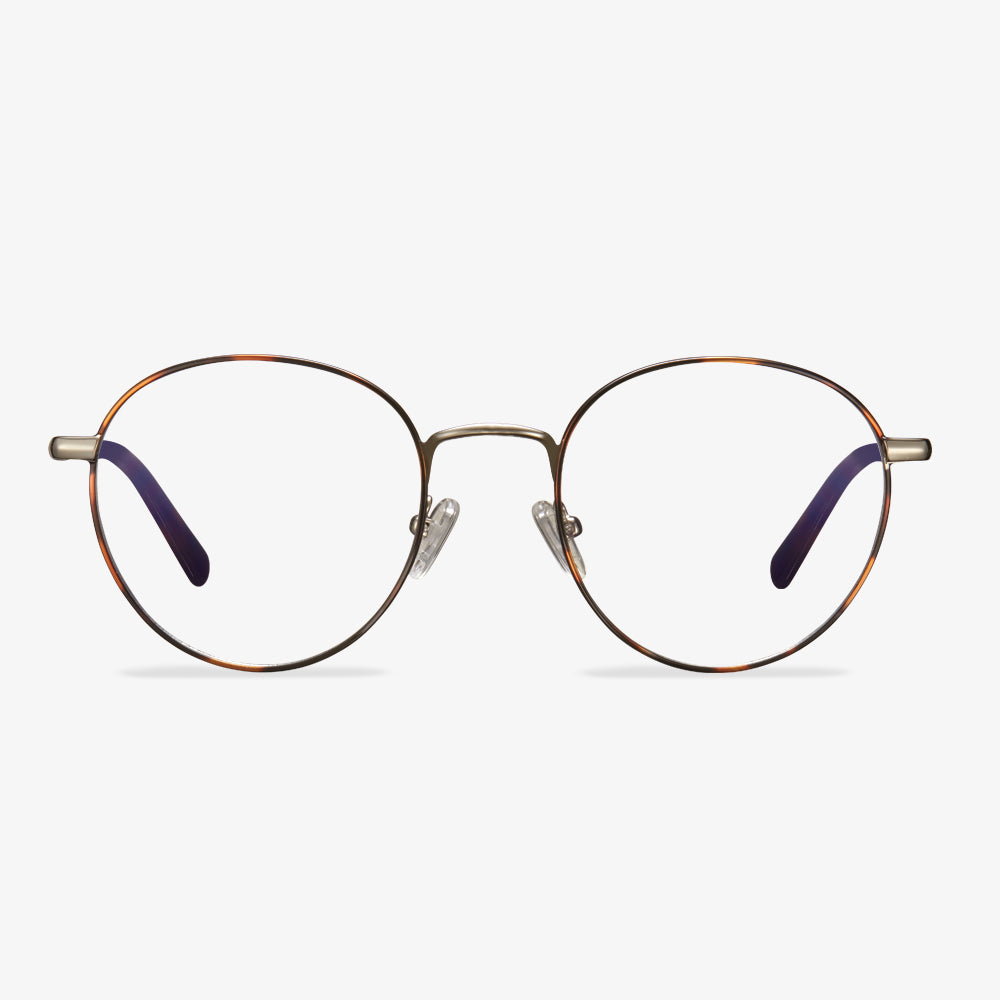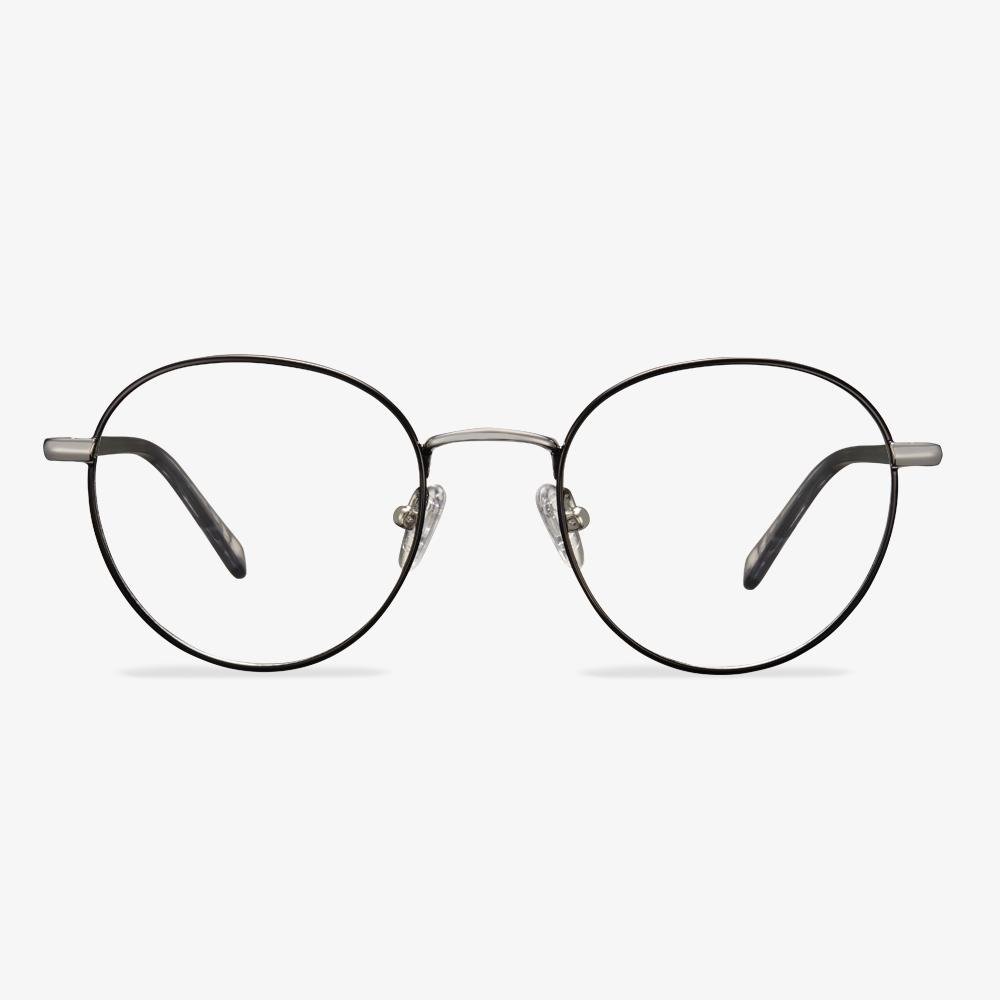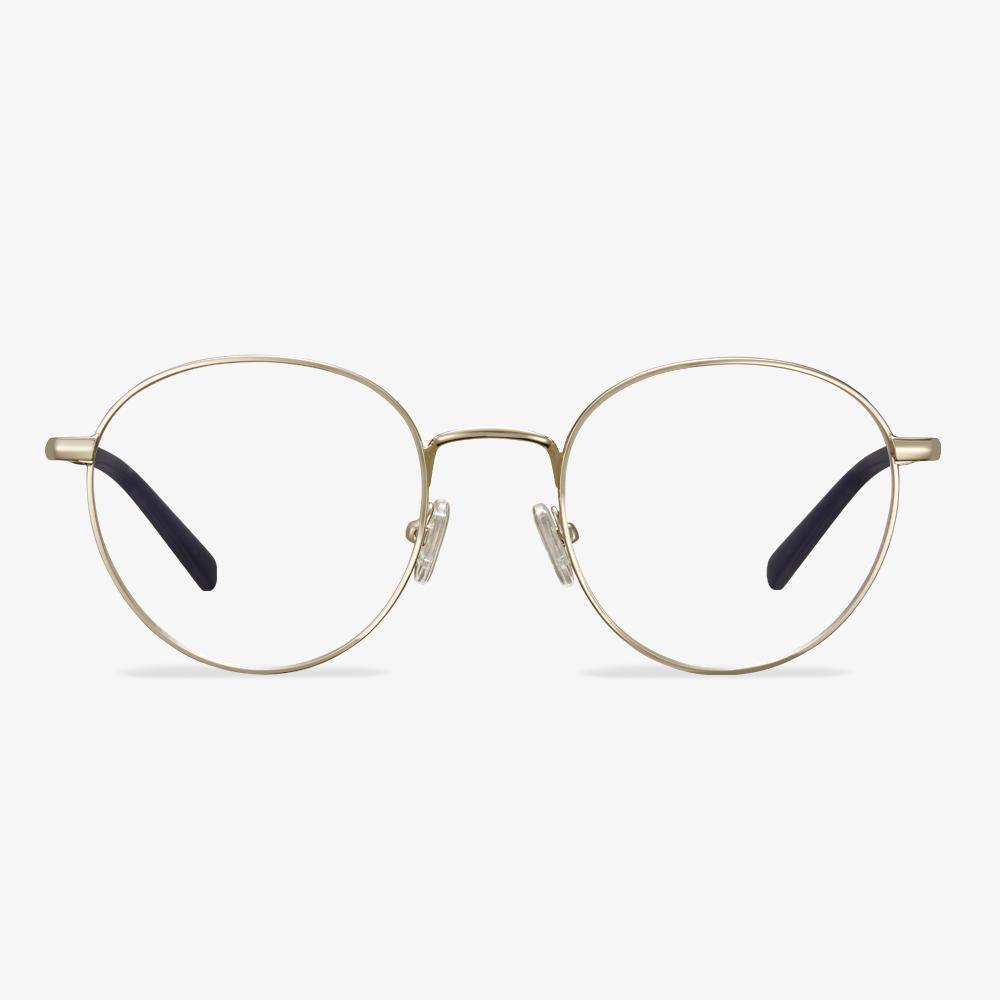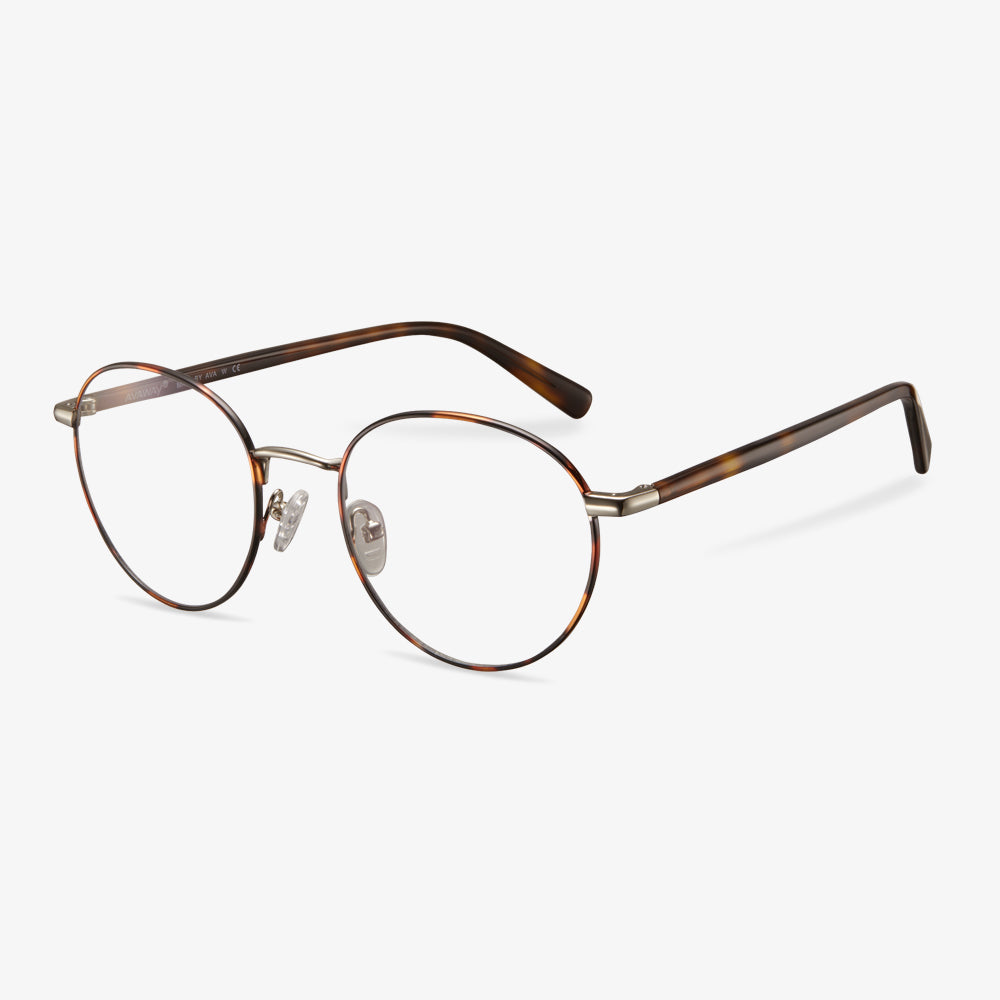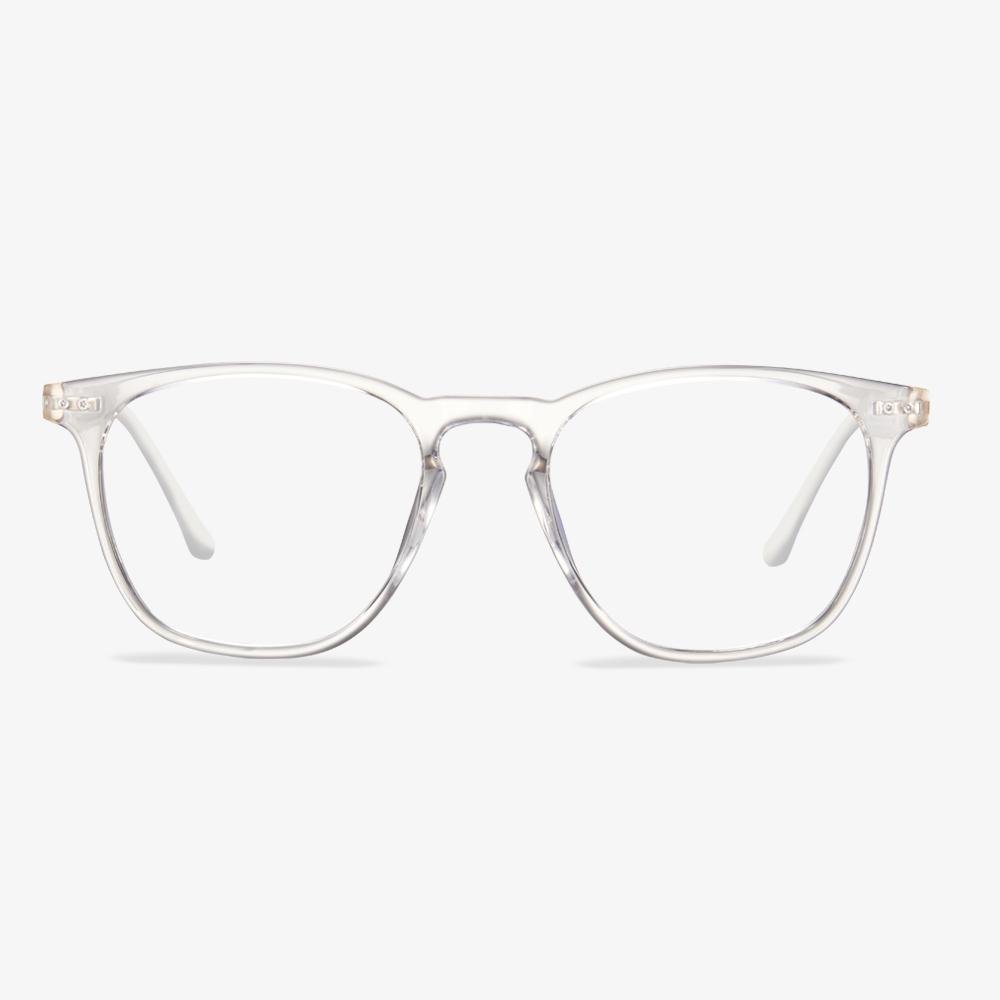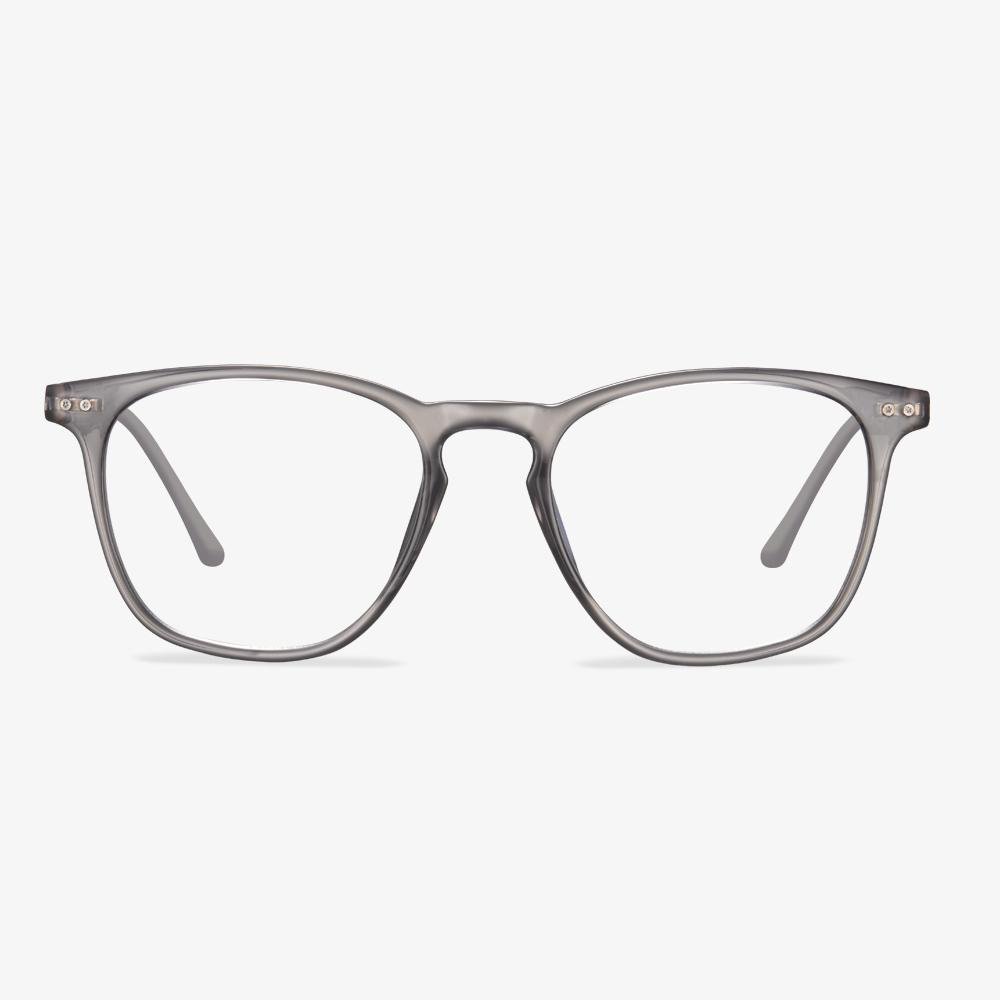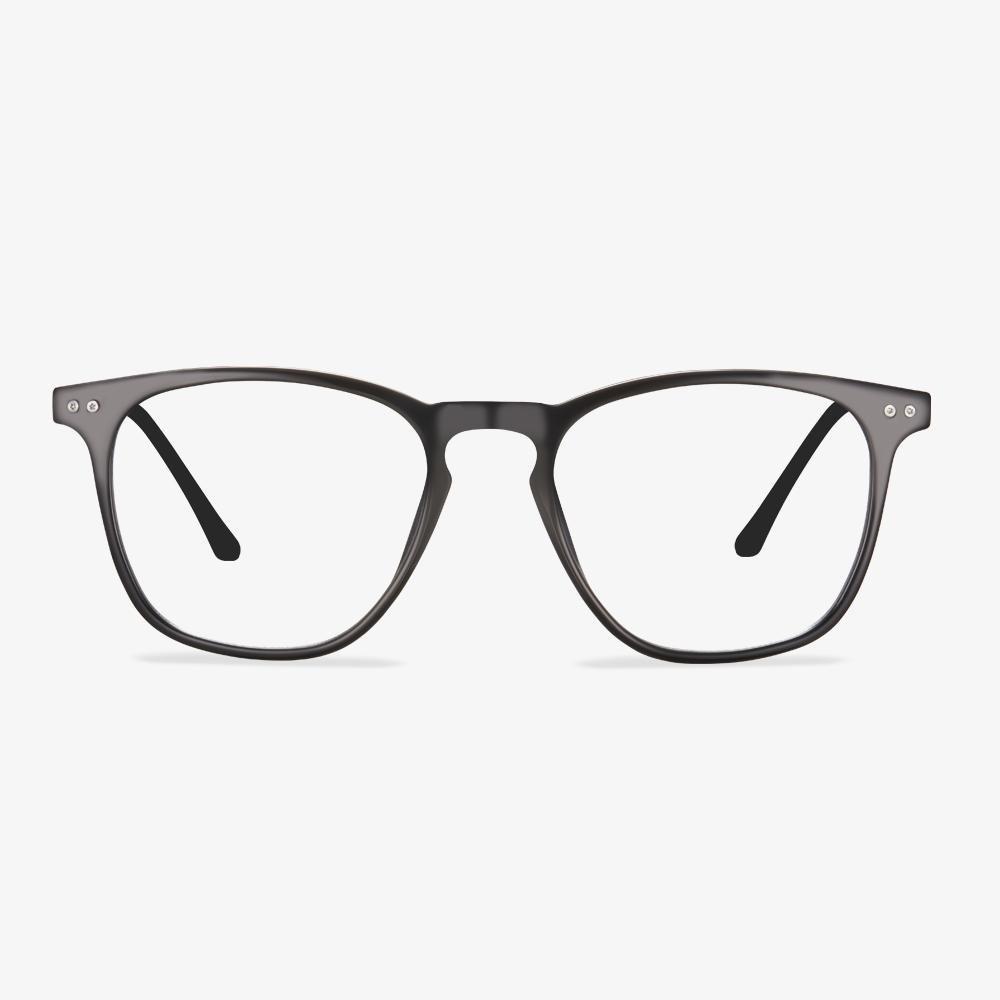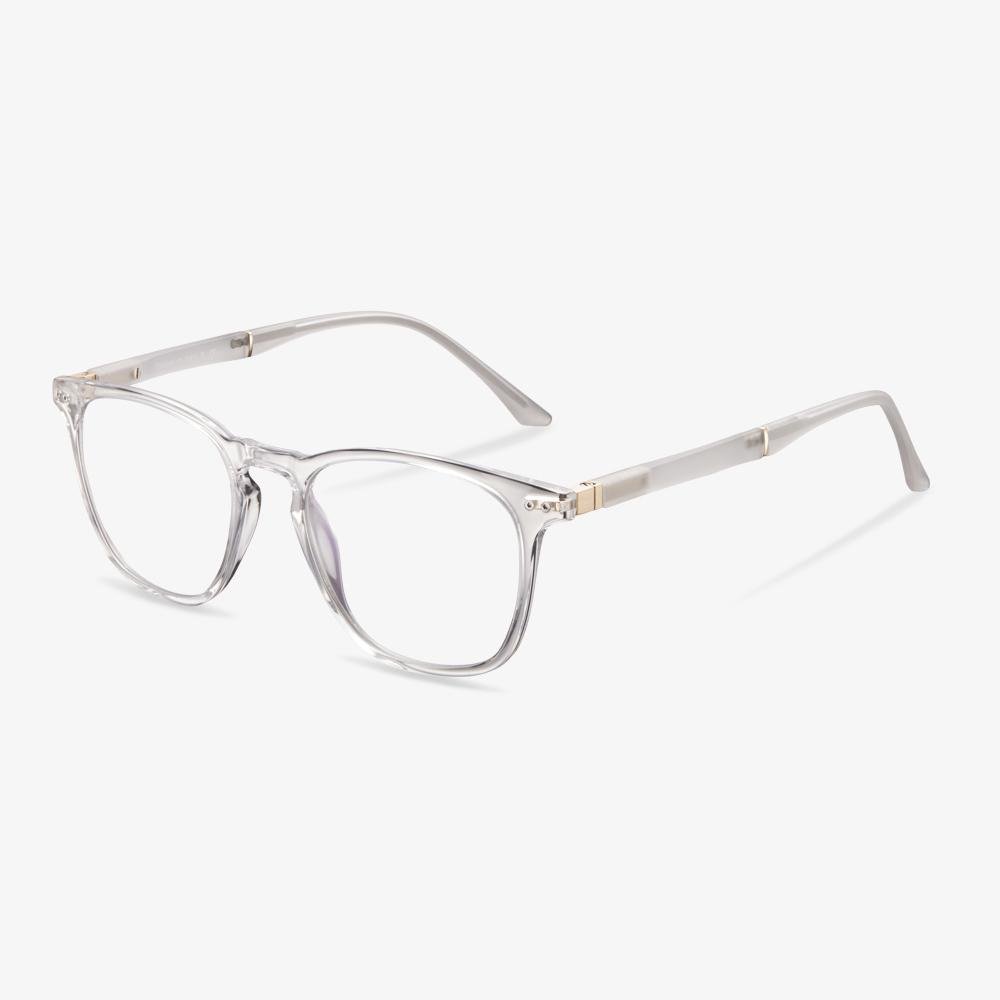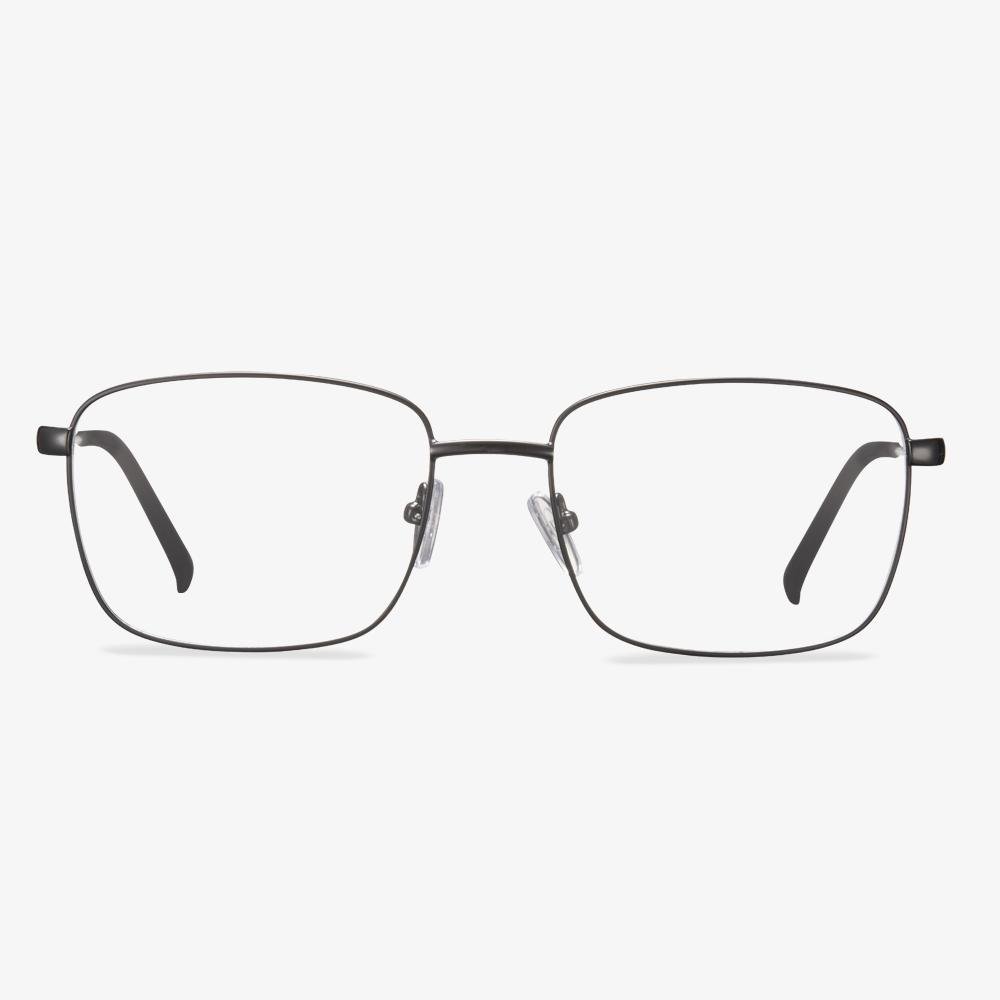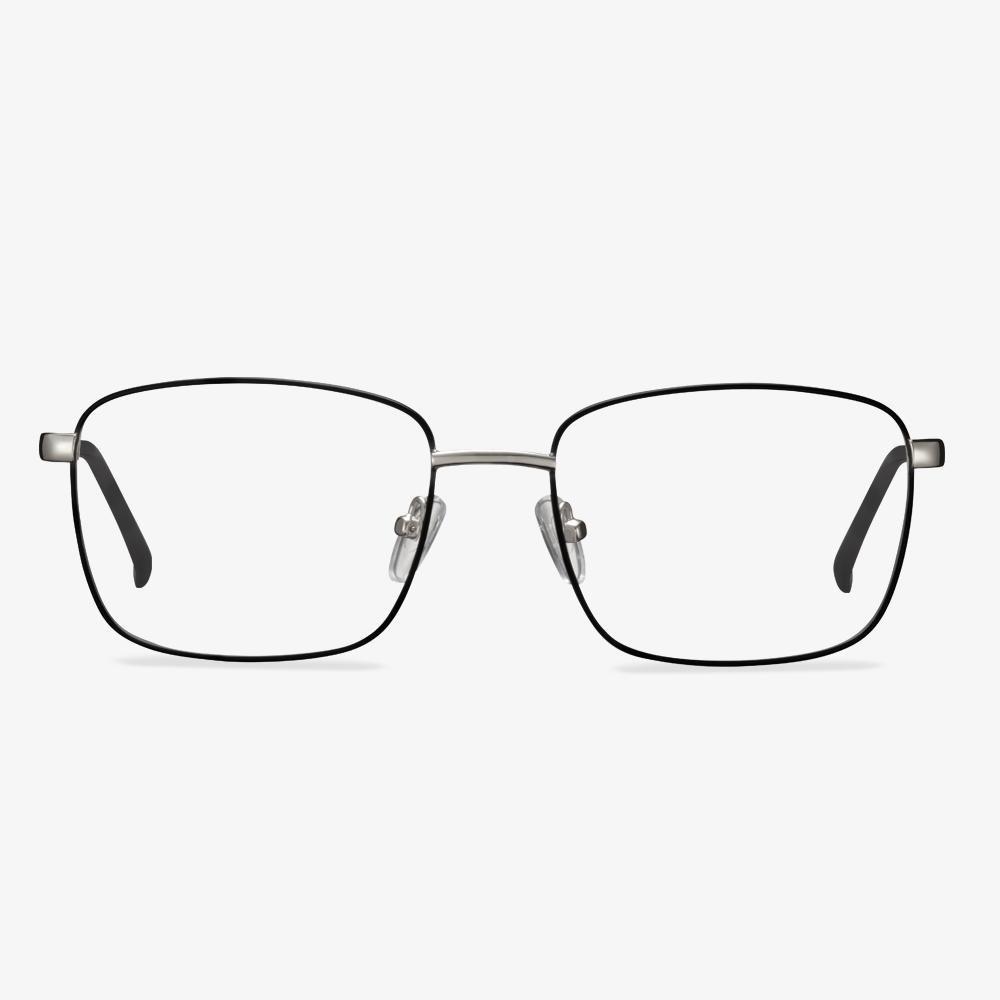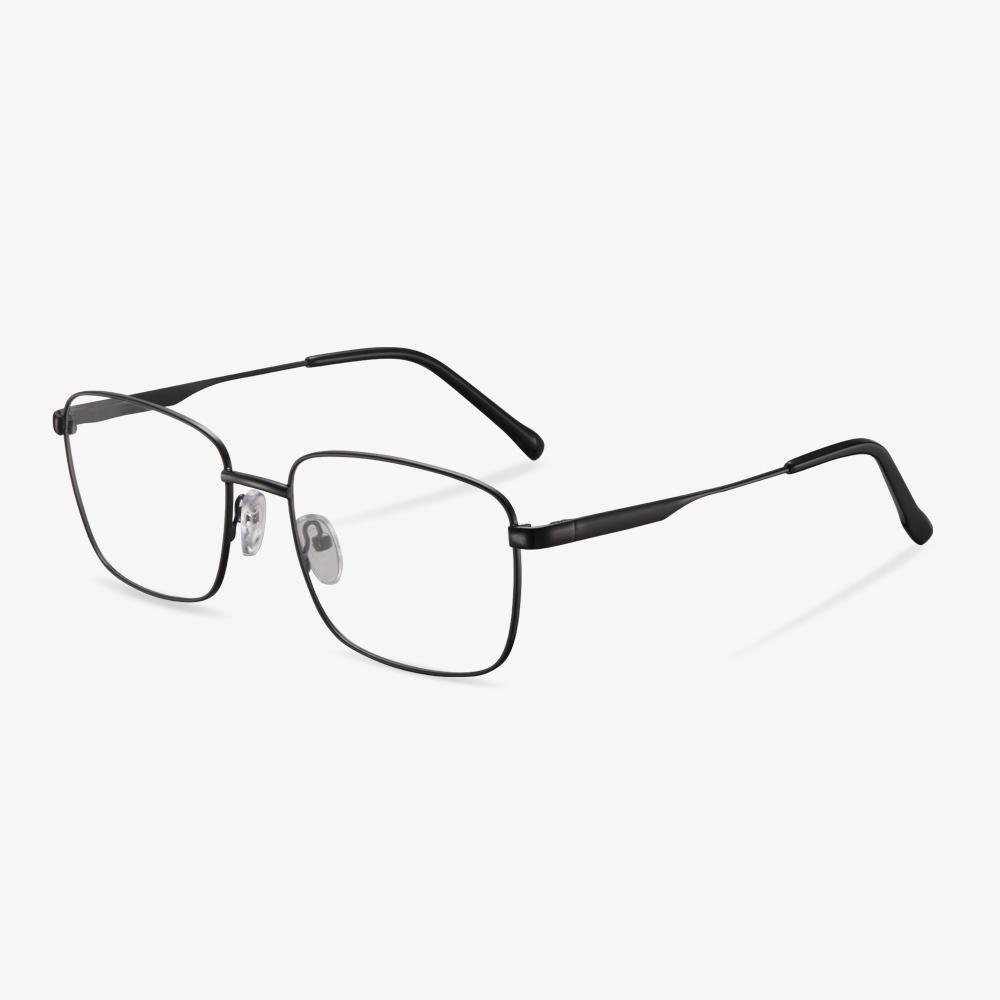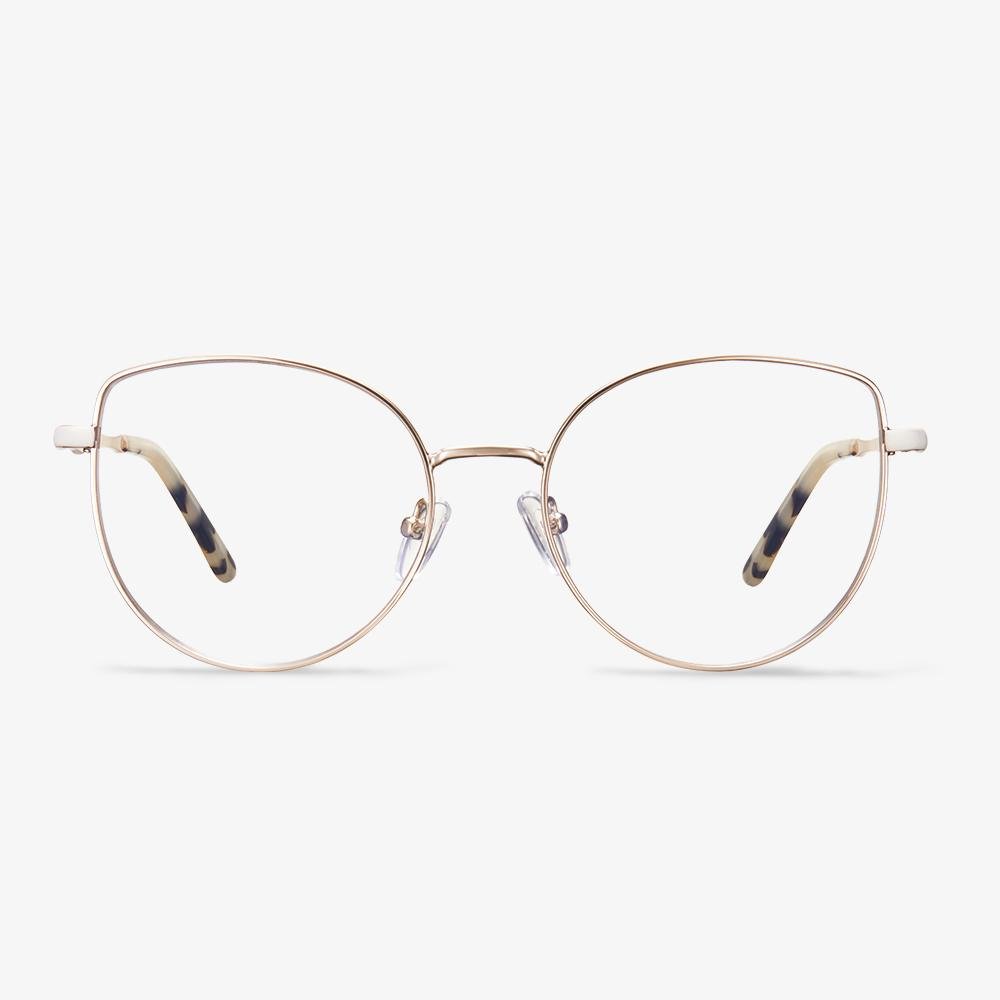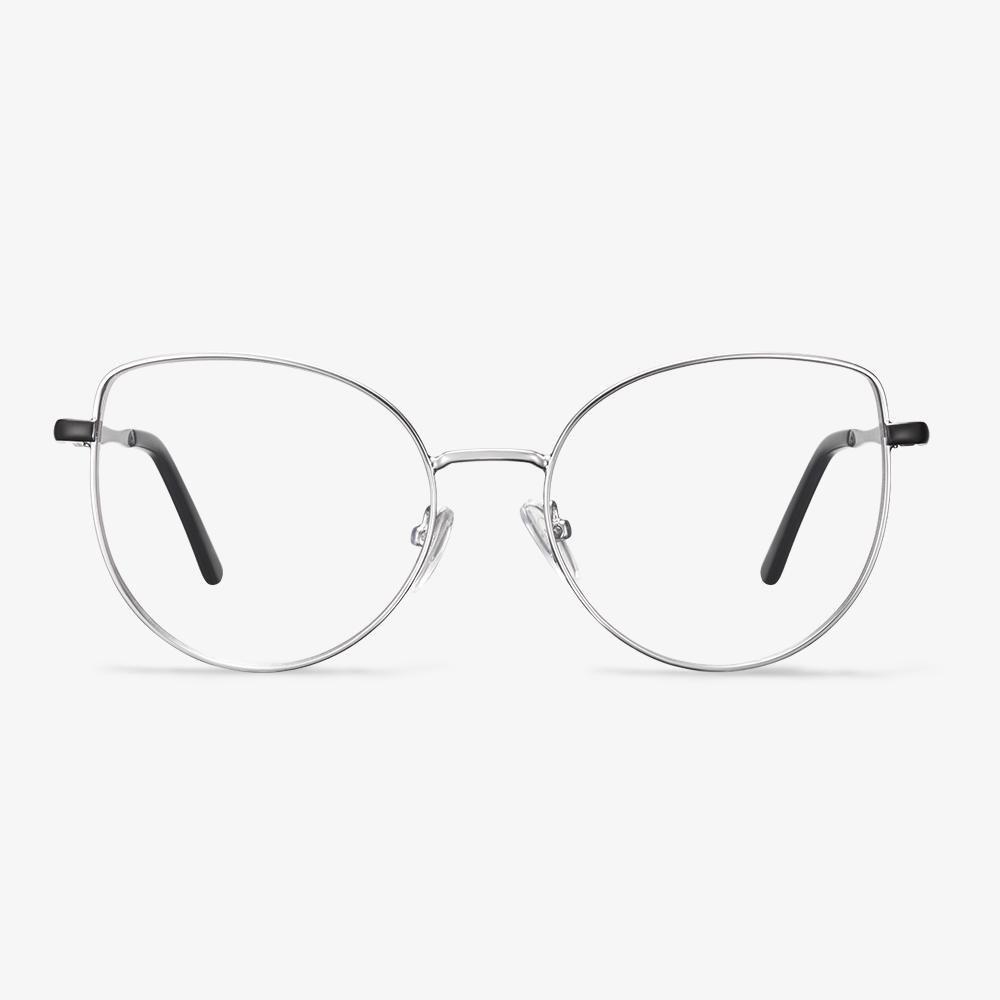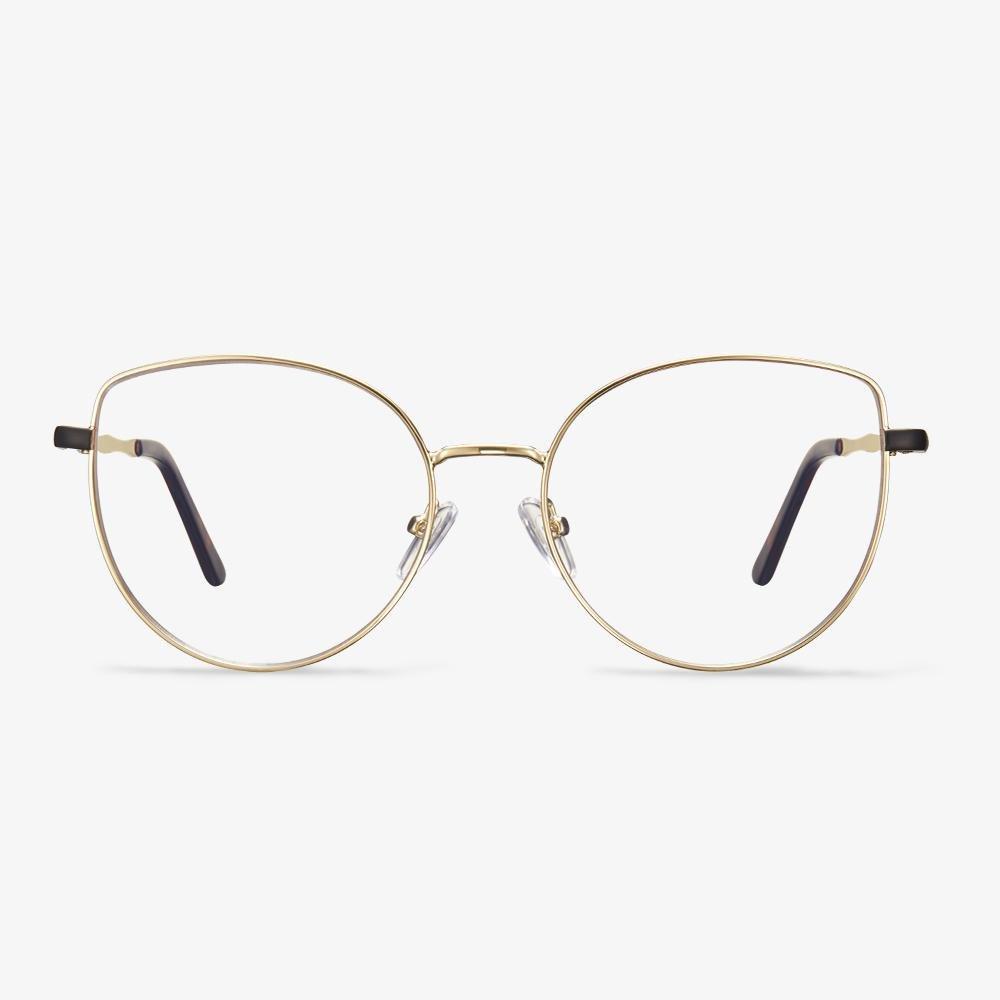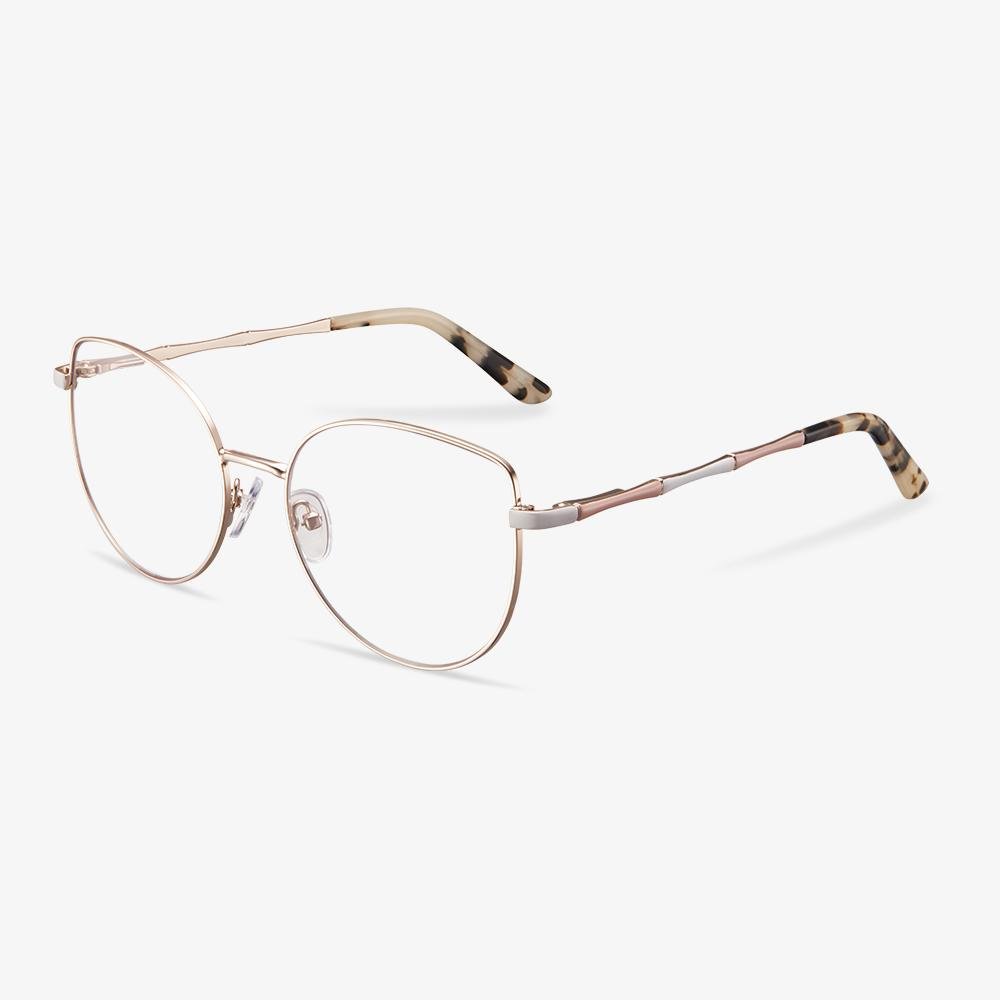Transitions® Photochromic Lenses
When you step outside, it immediately begins to darken. The lenses help prevent harmful blue light from digital devices, screens, and sunlight to help reduce glare and prevent eye strain. They have the function of 100% UV blocking,anti-reflection treatment with blue light protection. They can constantly adapt to changing daylight conditions to reduce excess light and optimize color contrast and polarized light to prevent dazzle. They filter out excess light to provide maximum comfort. And provide high contrast and minimize glare. They provide increased color recognition and depth perception.
Need to re-adapt to new glasses
When the glasses were damaged, the glasses were not replaced in time. As a result, the nearsighted person wears old glasses and continues to look at things. The old glasses have 'remodeled' the eyes in the long-term process, and the eyes have adapted to the old glasses. Therefore, even if the power of the new glasses is the same as that of the old glasses, the new lenses will feel brighter. In this case, eyes produce uncomfortable symptoms. It is recommended to use the new glasses early the next morning. After a night's rest, the eyes will be easier to adapt to the new glasses. After a few days of continuous wearing, the dizziness symptoms will disappear.
The disadvantages of progressive lenses
- The field of view in the near and middle distances is relatively narrow.
- The adaptation time is longer and patients with greater astigmatism are not suitable for wearing.
- The peripheral aberration is large, and there will be large astigmatism in the periphery.
What is blue light?
To prevent blue light, we must first understand what blue light is. The visible light with a wavelength range of 400-500 nanometers is called blue light. The light sources used in daily LED lighting and display products, including mobile phones, flat panels, and TVs, are mostly LED light sources excited by blue light. However, not all blue light is harmful to the human body. The human eye has an extremely low tolerance to blue light radiation in the 400-440 nanometer range. When the light intensity enters this threshold, photochemical damage is likely to occur. However, blue light radiation in the range of 459-490 nanometers is essential for regulating the human body's circadian rhythm and can affect the secretion of human melatonin, which in turn has an impact on the body's biological clock, alertness, and mood.
Scientifically effective anti-blue light lenses must not only block harmful blue light but also cannot filter beneficial blue light. Most of the ineffective anti-blue light products on the market currently have two types of problems. One is that there is almost no protective effect on the blue light in the vulnerable zone of the human eye. The other is excessive protection, shielding the blue light spectrum in the beneficial band so that the blue light that is beneficial for physiological adjustment cannot enter the human eye. At the same time, the color of the lens is yellow, which is prone to color shift, aggravating visual fatigue, and even inducing the risk of myopia.
Is titanium alloy necessarily worse than pure titanium?
In the common case, the introduction of a titanium frame will have a detailed material label, what titanium and what material is it made of, such as titanium nickel alloy, titanium aluminum vanadium alloy, and so on.
The composition of titanium alloy determines the quality and price of the frames.A good titanium frame is not necessarily worse or cheaper than pure titanium.It is difficult to ensure the quality of titanium alloy which is very cheap in the retail market.In addition, titanium alloy is not to reduce the cost, but to improve the performance of the material.Usually, the memory frame on the market is made of titanium alloy.
Why are titanium glasses so expensive?
Comfortable to Wear. Pure titanium frame can get rid of the stiff, heavy, easy-to-deform shortcomings of the common glasses frame, closely with the color plating process, indicating youthful vitality and a three-dimensional sense. They have no magnetic reaction, so they are not allergic to skin. It has the benefits of corrosion resistance, allergy resistance, and fatigue resistance. Ergonomic, titanium material is non-toxic to the human body. They have no radiation. They can be changed in the width according to the size of your face, and maintain the situation. Compared with other metal materials, it is not easy to deform and fade, and has strong stability, highlighting the noble taste and elegant temperament.
How do anti-blue light glasses protect the eyes?
The anti-blue light glasses available on the market, no matter what type, etc., are mainly the difference in anti-blue light effect, light transmittance, and frame, which will affect the cost of glasses. Obviously, the lens is the most important of these. I think that it is basically enough to choose 30% to 40% anti-blue light glasses. It is good to cut off the harmful blue light. It is not necessary to completely eliminate the blue light so that the chromatic aberration will not be too large, the light transmittance is better, and it also has a certain anti-blue light effect.
Of course, to protect the eyes, it is not enough to rely on anti-blue glasses alone. The effect of anti-blue glasses is mainly to reduce the probability of eye diseases, and can not effectively relieve eye fatigue. Normal people between the ages of 20 and 40 blink about 20 times per minute. When you open your eyes and stare at a computer screen that changes rapidly, the number of blinks will be reduced to 4 or 5 times per minute, resulting in serious insufficient secretion of scum and dry eyes. Therefore, no matter how urgent the work is, you must pay attention to the rest of your eyes, close your eyes regularly, use eye drops when needed, and reduce the brightness of the screen as much as possible when looking at the screen. When the brightness of the screen is significantly higher than the ambient light It is easy to cause eye fatigue. Try to use it as little as possible in the dark. To be honest, it is more important to develop a good eye-using habit.




